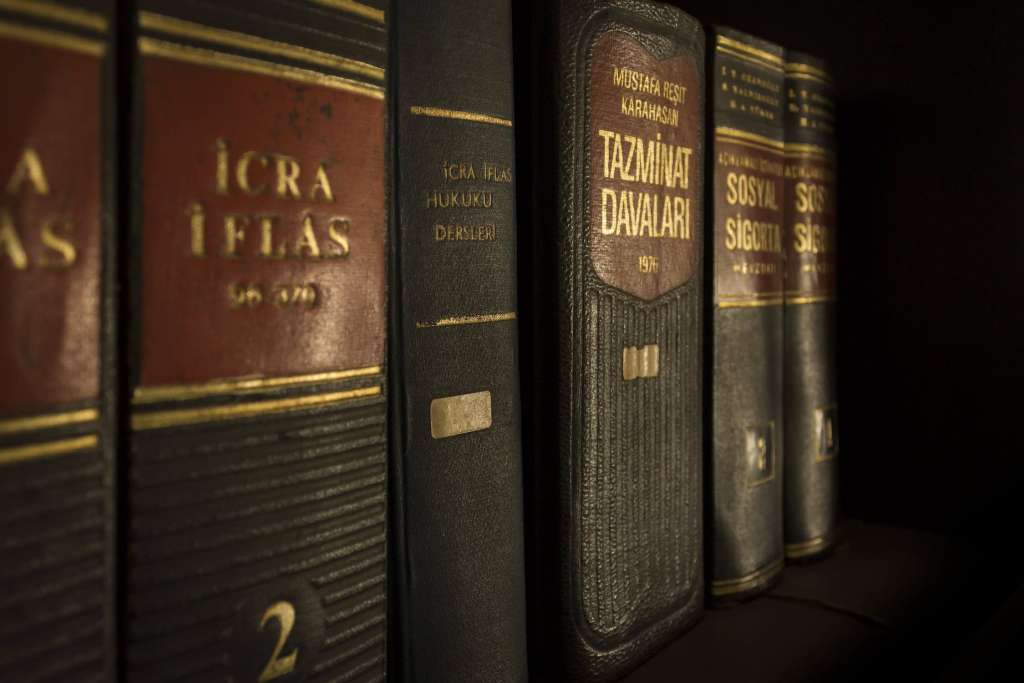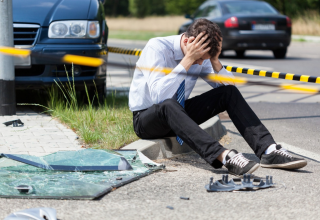Premises liability is the legal obligation that property owners have to ensure the security and welfare of everyone who enters or uses their property. This encompasses a wide range of scenarios and circumstances and can involve accidents, injuries, and other incidents that occur on the property.
In this article, we’ll look at different types of premises liability and their implications for property owners.
Slip And Fall Accidents
Property owners are frequently sued for negligence in situations where individuals trip and fall on their property as a result of hazardous or dangerous conditions. This type of accident often occurs when someone trips, slips or falls on another person’s property due to circumstances that are beyond the owner’s control. Property owners must make sure that their properties are safe and free from any potential dangers which could lead to injury.
Examples of slip and fall hazards include wet floors, uneven surfaces, loose carpeting, and poor lighting. Property owners must inspect their property regularly in order to avoid slips and falls. Any necessary repairs or improvements should be made as soon as possible to prevent accidents.
Negligent Security
Negligent security refers to the failure of a property owner to provide standard safety measures for visitors. This can include failing to install adequate locks, alarms, or fencing; or neglecting to warn guests about dangerous areas on the property This can include the lack of proper lighting, fencing, or security personnel.
For example, if a property owner fails to install security cameras or hires security guards in a high-crime area, they may be held responsible if a visitor is mugged or injured on the property. Property owners have a duty to take reasonable steps to protect visitors from harm, and failing to do so can result in a premises liability lawsuit.

Animal Attacks
Animal attacks can also result in premises liability claims. Property owners are responsible for controlling any dangerous animals on their property, and for warning visitors of any potential danger.
For example, if a property owner allows a dog with a history of aggressive behavior to roam free on their property, and a visitor is bitten, the property owner may be held liable for the injuries sustained in the attack.
Inadequate Maintenance
Inadequate maintenance is another type of premises liability. Property owners are responsible for making sure their property is safe and in good condition. This includes taking measures to address any hazardous conditions that may exist.
Examples of inadequate maintenance include broken steps, faulty elevators, and damaged handrails. If someone is injured as a result of property owner negligence, the owner may be held liable.
Defective Conditions
Defective conditions refer to any hazards that are present due to a design or manufacturing defect. This can include dangerous or faulty products, such as malfunctioning elevators or unstable structures.
If a visitor is injured due to a defective condition on a property, the property owner may be held liable. In addition to filing a lawsuit, it may be necessary to hold the manufacturer or designer of the defective product accountable.
Swimming Pool Accidents
Swimming pool accidents are a type of premises liability that can result in serious injury or death. Property owners are responsible for ensuring that their swimming pool is safe and in good condition. Proper maintenance includes keeping the pool clean, checking levels regularly, and repairing any problems as soon as they’re noticed.
Examples of swimming pool hazards include a lack of proper fencing, inadequate lighting, and failure to post warning signs. If you are injured while visiting someone’s property and the owner is liable, they may be held responsible.
To Wrap Up
As a property owner, it is important to be aware of your legal obligations and responsibilities. This includes understanding the laws that apply to you as well as knowing what you are responsible for. You can take the help of a premises liability attorney in Denver, CO. By being aware of the various types of premises liability, you can take the necessary steps to protect yourself and your visitors from harm.
Individuals should seek the advice of an experienced premises liability attorney if they have been injured on another person’s property. This lawyer can provide guidance about your rights and investigate whether you have a valid claim for damages.










